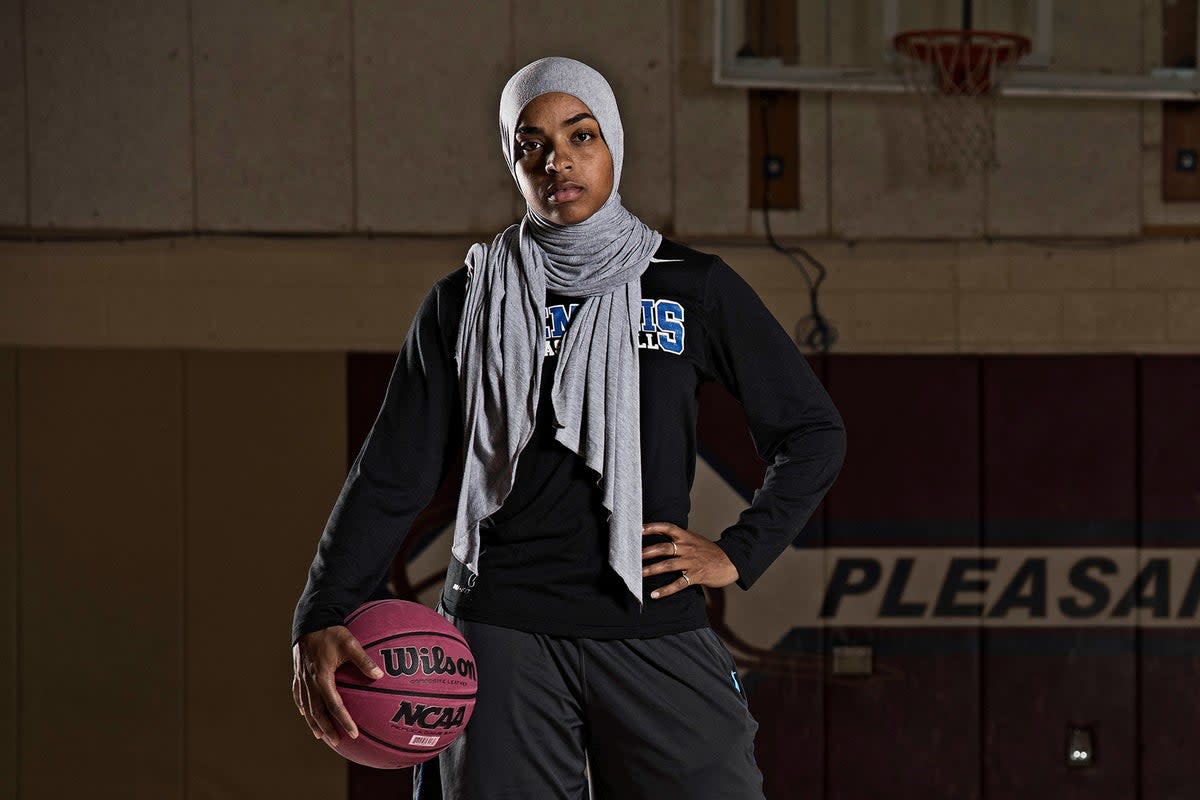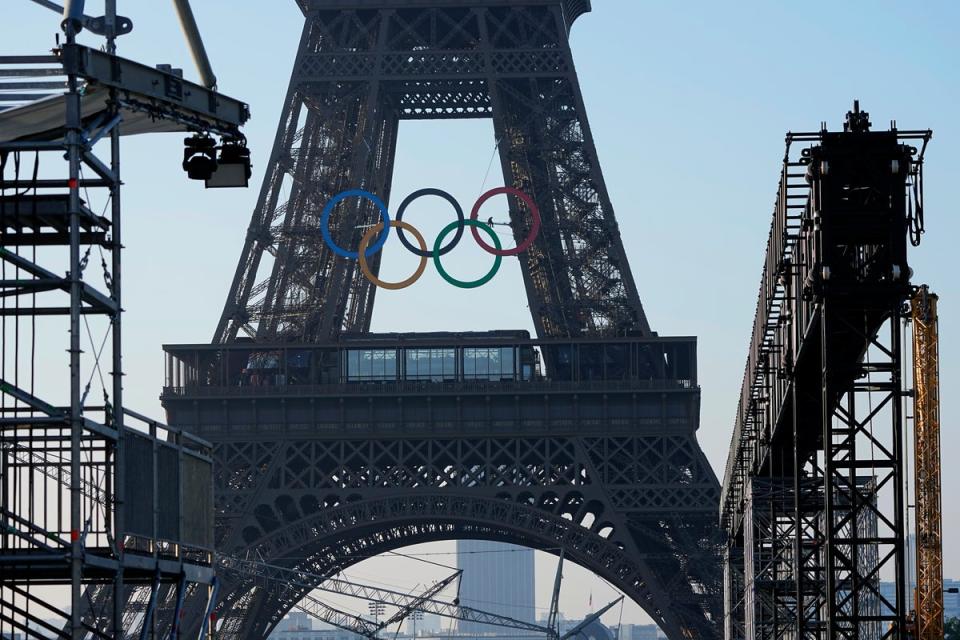French government accused of discrimination against its own athletes with Olympics hijab ban

The French government has been accused of discriminating against its own athletes, who will be prevented from wearing a hijab at the Paris Olympics.
The International Olympic Committee announced in September that sportspeople competing in the Paris 2024 Olympic Games can wear a hijab in the athletes’ village – but a ban will be in place for the host country’s athletes.
Minky Worden, director of global initiatives at Human Rights Watch, told The Independent that France’s ban on hijabs for sportspeople infringes the Olympic Charter.
She said: “The effect of France’s exclusionary hijab bans across many sports is that many women and girls from the Olympics’ own host nation are discriminated against, excluded, and prevented from playing, practising and competing in sports they love and excel at.
“This is a violation of both the Olympic Charter, which says ‘sport is a human right,’ and also the new International Olympic Committee Human Rights framework. These French women athletes are shut out of competitive sport in their country and there is no access to remedy available to them.”
During a press briefing on Tuesday, Ms Worden said the hijab ban has driven some French athletes to leave the country or contemplate moving abroad.
Helene Ba, a French basketball player and legal professional, said the hijab ban this summer “only targeted Muslim athletes who wear the hijab, making it a clear discrimination based on gender and religion”.
She said: “It is a clear violation of the Olympic Charter values and provisions, but it is also an infringement on our fundamental rights and freedoms. It violates our freedom of thought, conscience and religion and our right to participate in sport.
“It reinforces gender and racial stereotypes and it feeds the anti-Muslim hate that already pervades part of French society.”
Bilqis Abdul-Qaadir, a former NCAA basketball player who spearheaded the International Basketball Federation’s (FIBA) decision to overturn their hijab ban back in 2017, said: “It almost brings me to tears because why are we still having to go through this? Why do I have to explain I am a Muslim woman and I am good at basketball.”

The banning of hijabs rose to prominence in debates about what is known as “laicite”, a term denoting the separation of church and state.
Headscarves, along with other clearly visible religious symbols, have been banned in state-run schools since March 2004 in France, which is home to the largest Muslim population in Western Europe.
The French Senate voted in January 2022 to ban sports players from wearing headscarves during competitions.
In September, French sports minister Amelie Oudea-Castera, a former professional tennis player, confirmed that the French Olympic team is bound by laicite.
“It means absolute neutrality in public services,” she told France 3 television channel. “The France team will not wear the headscarf.”
A letter to the president of the International Olympic Committee signed by Amnesty International, The Committee to Protect Journalists, and Human Rights Watch, among other organisations calls for the committee to “publicly call on sporting authorities in France to overturn all bans on athletes wearing the hijab in French sport, both at Paris 2024 and at all times and all levels of sport”.
The letter adds: “Women and girls in France who wear the hijab have been and are being prevented from playing multiple sports, including football, basketball, judo, boxing, volleyball and badminton – even at youth and amateur levels.
“The hijab bans in sports have resulted in many Muslim athletes being discriminated against, invisibilised, excluded and humiliated, causing trauma and social isolation.”
The International Olympic Committee was contacted for comment.


